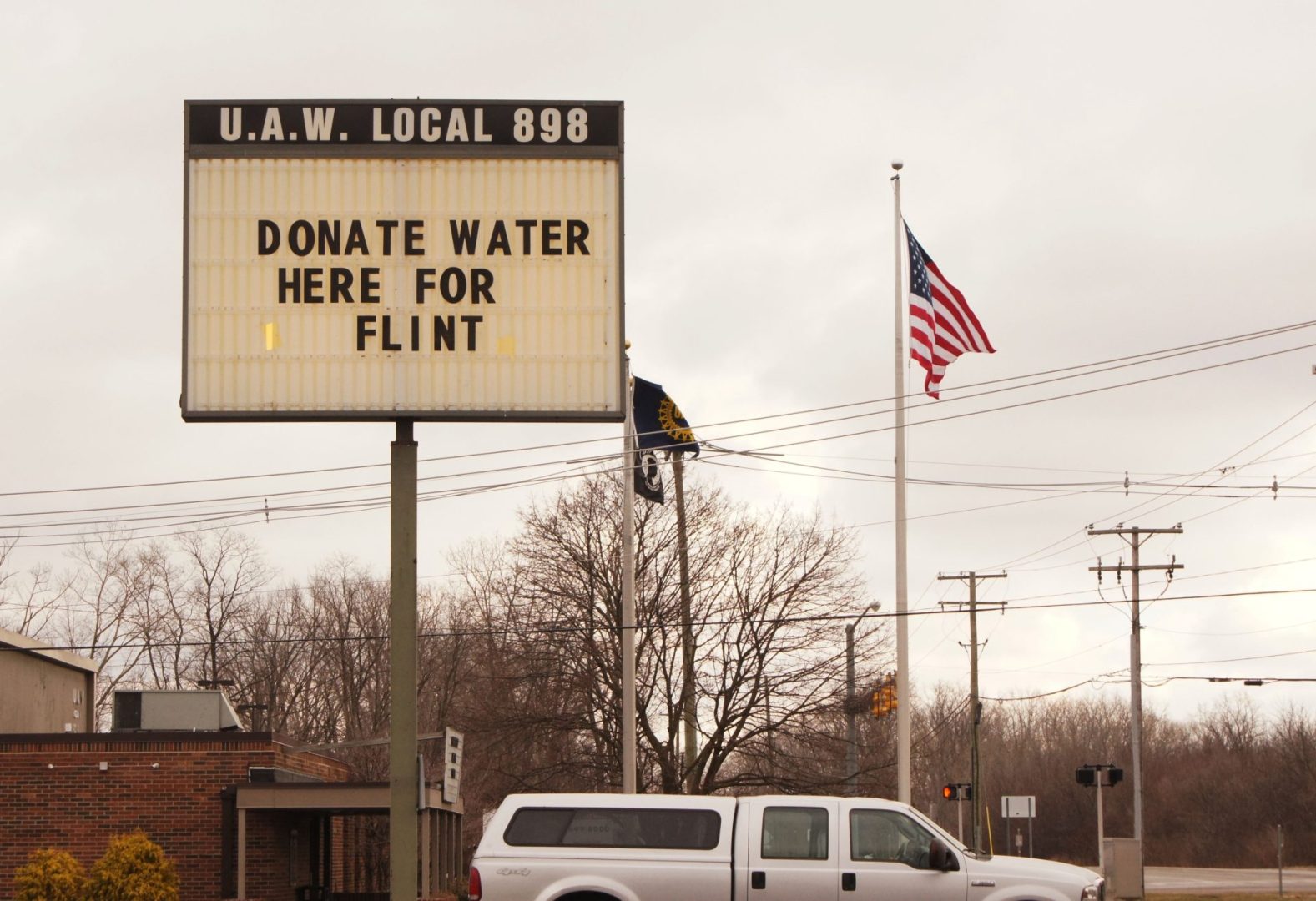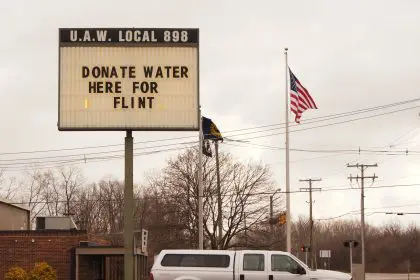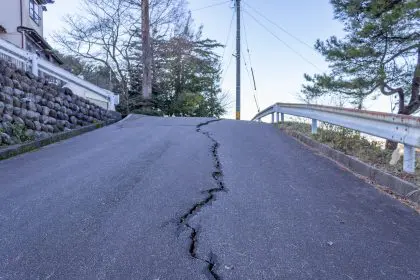Newark, New Jersey‘s once-celebrated Lead Line Replacement Program, hailed as a model for national infrastructure reform, now faces scrutiny amid allegations of fraud — inviting unavoidable comparisons to the devastating Flint, Michigan water crisis. In both cities, promises to fix critical water infrastructure were undermined by systemic failures, raising concerns about oversight, accountability and the long-term health risks to residents.
Allegations mirror the deception of Flint
At the heart of the Newark scandal are allegations against JAG Group Enterprises, a construction firm tasked with replacing the city’s lead pipes. According to NBC New York, CEO Michael Sawyer and Foreperson Latronia Sanders scammed the city out of $10 million by submitting false documentation and deceiving city inspectors into believing work had been completed. Just as Flint residents were misled by officials about the safety of their water, Newark’s program — intended to safeguard public health — became a vehicle for corruption.
In Newark’s case, fraudulent actions included doctored photos of copper pipes and text messages misinforming inspectors, falsely claiming that no further lead pipe removal was needed. This raises painful parallels to Flint, where government officials consistently downplayed the dangers of lead-contaminated water. In both situations, the people who entrusted their safety to public institutions were betrayed by a system meant to protect them.
Water safety reassurances echo Flint’s initial denials
Despite the fraud, Newark Mayor Ras Baraka insists that the city’s drinking water remains safe, reported NBC New York and AP. NBC New York said the mayor pointed to orthophosphate, a chemical introduced in 2019 to prevent pipe corrosion, as a safeguard against lead contamination. While this measure has reportedly kept lead levels at zero parts per billion, well below the federal standard, such reassurances echo the early days of Flint when officials also dismissed residents’ concerns despite growing evidence of contamination.
Newark’s proactive use of water filters and testing protocols might set it apart from Flint, but the underlying issue remains: both cities promised solutions that were tainted by misconduct. In Flint, thousands of children suffered from lead poisoning as officials delayed acknowledging the problem. Newark must remain vigilant to ensure its promises don’t fall apart under the weight of similar mismanagement.
Accountability and oversight: Newark’s critical next steps
Mayor Baraka emphasizes that the actions of JAG Group did not compromise Newark’s water safety or was a reflection of the other seven companies working on the project, according to Jeff Goldman at nj.com. Yet, the similarities to Flint’s negligence underscore the need for rigorous oversight. Baraka’s comments reflect his administration’s commitment to transparency, but the allegations against JAG Group are a stark reminder of how easily trust can be eroded. Flint’s crisis exposed not only the dangers of lead in drinking water but also the devastating consequences of weak accountability in public health programs.
For Newark, the path forward lies in stricter enforcement of contract compliance, deeper community engagement and sustained transparency. Flint serves as a tragic cautionary tale — one that Newark must learn from if it is to avoid a similarly catastrophic outcome.
A need for vigilance to avoid Flint’s fate
While Newark’s immediate health risks appear contained, the allegations of fraud cast a long shadow over its efforts to replace lead pipes — an echo of the Flint crisis that should serve as a wake-up call. Just as Flint’s residents were failed by those tasked with safeguarding their water, Newark’s experience shows that even the best-intentioned reforms can be undone by fraud and lack of oversight.
Moving forward, Newark must prioritize accountability and transparency, both to restore public trust and to avoid becoming another symbol of how America’s most vulnerable cities are left to suffer from the consequences of neglect. Only by learning from the hard lessons of Flint can Newark ensure its residents are never again put at risk by failures of leadership and integrity.















